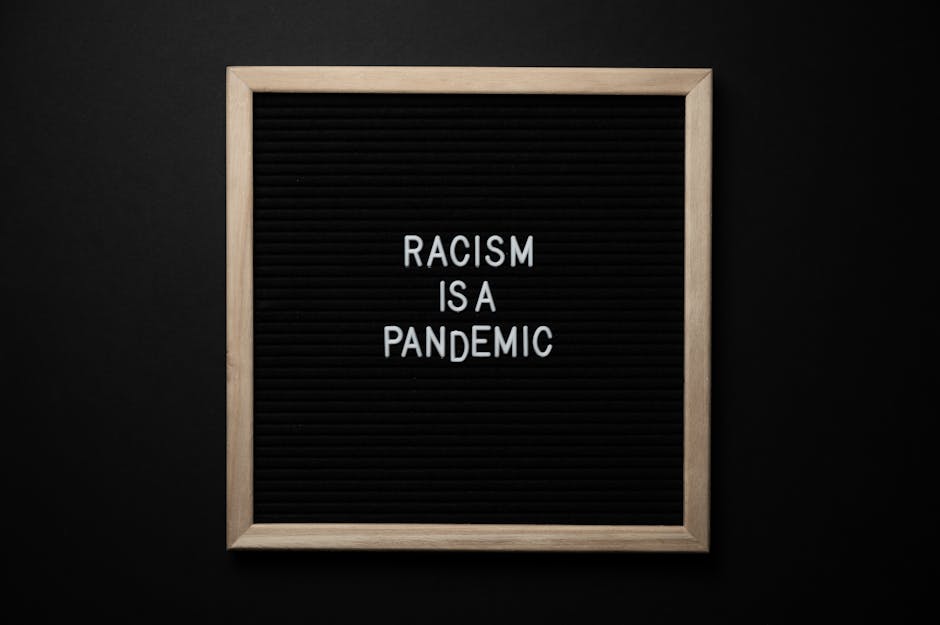The interplay between economic inequality and political instability is a complex and multifaceted issue, a persistent thorn in the side of many societies worldwide. While causality is difficult to establish definitively, a strong correlation between the two often emerges in the historical record and contemporary analyses. This article delves into the intricate relationship, examining potential mechanisms and contributing factors that link economic disparities to political unrest.
A Disparity of Power: The Seeds of Discord
A fundamental driver of this correlation lies in the unequal distribution of power and resources that economic inequality fosters. When significant wealth disparities exist, a marginalized segment of the population may feel excluded from the political and economic systems. This sense of disenfranchisement can manifest as resentment, distrust, and ultimately, a desire for change, often through disruptive political action. Individuals and groups perceive themselves as unfairly disadvantaged, their grievances unaddressed. This sense of injustice can fuel social movements, protests, and even violent uprisings, challenging the established political order.
Economic hardship, frequently correlated with inequality, can act as a catalyst for instability. When a substantial portion of the population experiences economic insecurity, their willingness to participate within the existing political system declines. This lack of engagement can leave political landscapes vulnerable to the influence of extremist ideologies and movements that promise immediate solutions to perceived systemic failures. The very stability of the political structure is weakened when a significant part of the population is economically sidelined.
Unequal access to education, healthcare, and other essential services further exacerbates this issue. Individuals from disadvantaged backgrounds may experience systemic barriers to upward mobility, reinforcing the cycle of inequality. This inequality in life chances becomes a fundamental source of political tension, as marginalized groups may feel their concerns are ignored or dismissed within the political system.
Social and Political Response Mechanisms: Unveiling the Pattern
Various mechanisms mediate the link between economic inequality and political instability. One such mechanism involves the emergence of populist or radical political movements. These movements often capitalize on the discontent of the populace by offering simplistic solutions to complex problems. They tap into the frustrations of those feeling left behind by the existing economic system, promising a dramatic overhaul of the status quo.
Furthermore, the concentration of political power in the hands of a few wealthy individuals or groups can lead to policies that disproportionately benefit the elite and perpetuate the very inequalities that breed instability. Political systems, either consciously or unconsciously, can become tools for maintaining the existing power structure, further entrenching the economic divide.
Case Studies in the Crucible of Change: Historical and Contemporary Insights
A look at historical precedents, such as the French Revolution, reveals the potential for widespread social upheaval when economic inequality reaches unsustainable levels. The struggles of various nations facing economic crises, with significant social unrest as a byproduct, highlight the tangible connection between unequal resource allocation and political turmoil.
Moreover, contemporary examples, such as the Arab Spring uprisings, also underscore the relationship between economic hardship and political dissent. Across various regions and time periods, significant correlations between economic inequality and social instability are repeatedly evident. These case studies underline the potential for societal fracture when economic grievances go unaddressed.
The Role of Institutions and Governance: Building Bridges to Stability
Robust and responsive institutions play a critical role in mitigating the effects of economic inequality on political stability. Independent judiciaries, transparent and accountable governments, and effective social safety nets can significantly reduce the potential for unrest.
Effective governance, encompassing fair taxation policies, progressive social programs, and investments in public infrastructure, can significantly lessen the economic disparities that can lead to political instability. Furthermore, institutions that facilitate access to education, healthcare, and entrepreneurial opportunities are instrumental in addressing the root causes of inequality.
Beyond the Correlation: A Holistic Approach
While a correlation exists, it is crucial to recognize that economic inequality does not inevitably lead to political instability. Other factors, such as political culture, the presence of strong social safety nets, and the capacity of institutions, also play a significant role. The existence of a strong civil society, including an active and engaged media, can serve as a check on the concentration of power and provide avenues for public dissent.
Understanding the nuances of this complex relationship necessitates a holistic approach. We must consider not only economic indicators but also the societal and political contexts that contribute to or mitigate the impact of inequality. Addressing the root causes of inequality, fostering inclusive political participation, and strengthening institutions are all integral to the creation of stable and prosperous societies.
Conclusion: Navigating a Path Forward
The relationship between economic inequality and political instability is a significant challenge for societies worldwide. While the causal relationship remains complex, the strong correlation suggests a clear link. Addressing this challenge requires comprehensive strategies. Strong institutions, responsible governance, equitable economic policies, and an emphasis on social inclusion are essential steps in creating a framework that safeguards against instability and fosters long-term societal well-being. By acknowledging the interconnectedness of economic and political spheres, societies can strive toward a more just and stable future for all.












